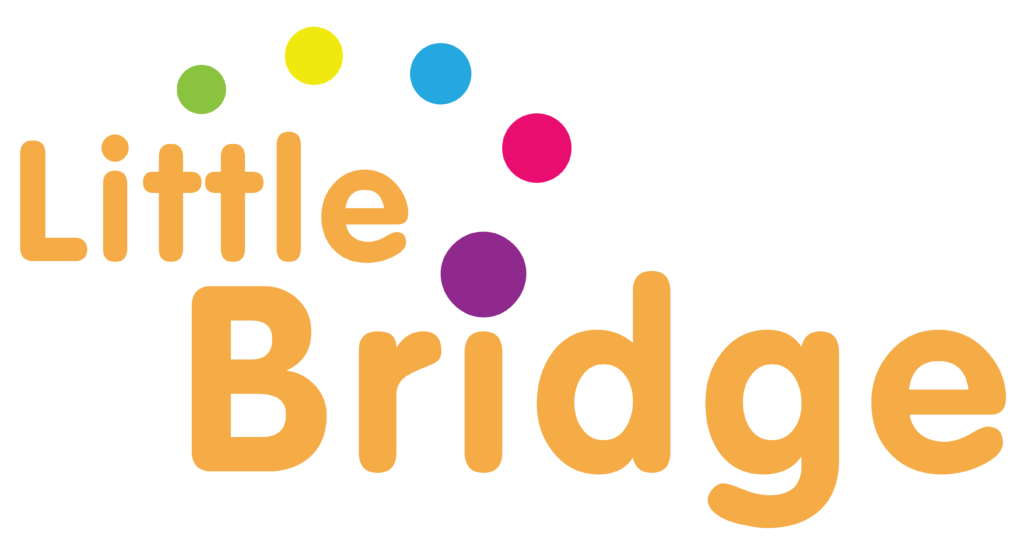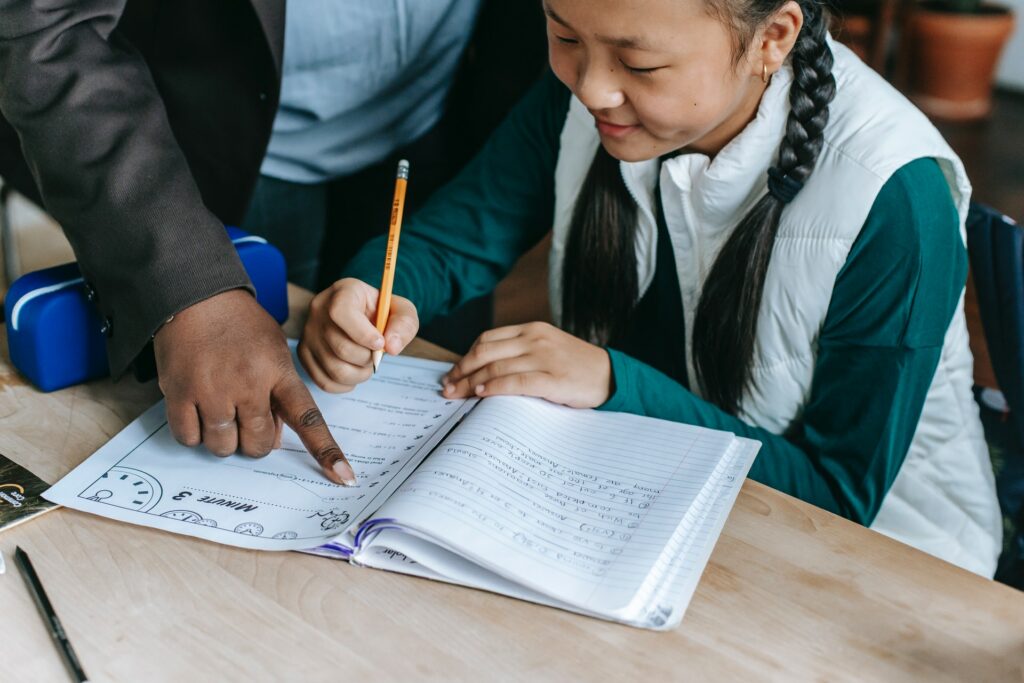Emma Rogers, CEO of Little Bridge, asks ‘can goal-setting help students achieve?’
The relationships that teachers build with their students is often unrecognized.
This is inevitable as a result of their scheduled encounters. These are relationships that undeniably matter.
From the teacher’s perspective, these relationships often go deep. Teachers strive to understand their students’ needs, deficiencies and abilities. Consequently, teachers can deliver positive learning experience.
Part of this discovery emerges from some kind of formal assessment. However, herein lies a challenge that can create tension and division. Teachers and students are on opposite sides of this learning process.
Tests, whilst offering insights to students’ skills, can be a blunt instrument. As has often been observed, tests sometimes dictate a ‘teaching to the test’ approach. This subsequently narrows learning horizons. It also fails to ensure every student can reach their potential.
Can goal setting help students achieve? – Improving the test experience
How can we reconcile the testing dilemma? Can testing students ever be stressless and even fun to do? Can tests provide meaningful feedback? What does ‘meaningful feedback’ mean – for both teachers and students?
Most people facing a test will experience anxiety beforehand. However, minimizing this anxiety is possible. If, from the start, both teacher and student understand that the purpose of tests. Tests are there to help the student progress and grow.
Additionally, the tests themselves can be designed to be enjoyable! Furthermore, tests can be made as less of an ‘event’. This is possible by forming part of the flow of the learning process.
The question then is what can teachers and students do with test results? For both parties, they must be truly educational. More than a pass/fail score, they should provide clear pointers of the following:
– what each student has mastered
– what are their ‘gaps’
– the learning approaches that are likely to maximize the student’s future success
With this information, both teacher and student can establish personal goals. This turns the whole learning process into a positive journey.
Overcoming challenges, critical thinking and problem-solving are all part of effective learning strategies. Tests are a fundamental tool for every teacher and learner. Without tests, a strategy can be open to criticisms of ‘failing standards’ and a ‘soft touch’ approach.
Used wisely, tests enhance the teacher/student relationship. Tests can also help to build an education fit for the 21st century.
Can goal setting help students achieve? – The Little Bridge method
What help with this will you find in Little Bridge?
At Little Bridge, we have created meaningful assessments. Alongside real-time feedback we are introducing a series of ‘tests’. First, establishing a baseline. This provides an understanding of the starting point for each student. Thereafter, progress tests give teachers visibility at key milestones. All can be used to set goals.
The Little Bridge tests are designed to match our gamified content . This is reassuring and familiar to our students. Additionally, each test provides personal feedback on every student.
Our goal is to deepen the ‘collaborative’ approach to learning. We are making education purposeful, positive and fun!
Emma Rogers, co-founder of Little Bridge.
Enjoyed reading Can goal-setting help students achieve? Visit Emma’s Medium profile to find out more about social learning.
The Little Bridge mission is simple! To enable children to make new friends and learn to communicate, in English.
Get started with Little Bridge today! Book a call with our expert team. Contact us here.


